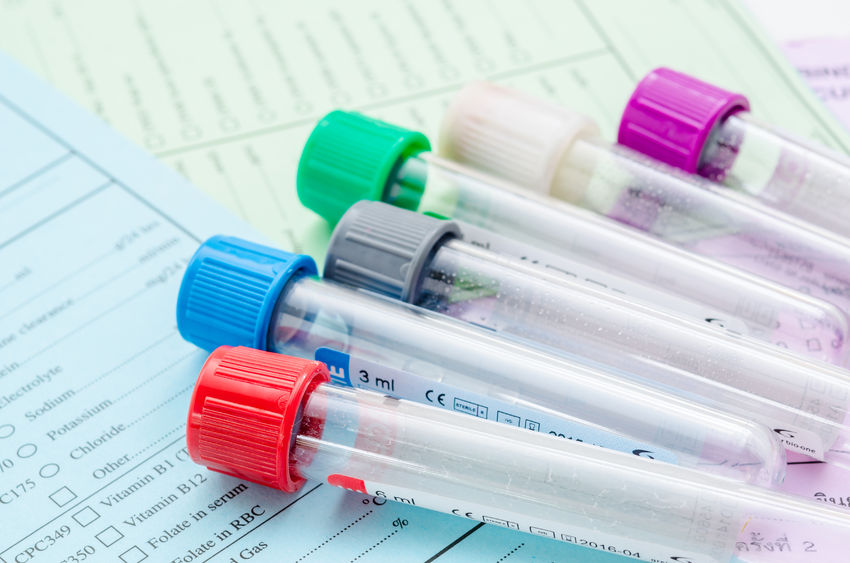
Allergy Papaya Radio Immunoabsorbent Blood
What is this test?
Allergy Papaya blood test is used to detect any allergies caused by papaya. This test mainly helps in measuring the IgE antibodies in the blood to assess the sensitization to papaya allergens. This test helps in knowing the immune response to papaya and its products.
What is papaya allergy?
Papaya is a tropical and subtropical fruit which is orange-yellow in color. This belongs to the Caricaceae family. It is soft, round and plump and it comes in all sizes. Besides its flavor, papaya has many health benefits as it is very rich in nutrients. It is also used in preparing some herbal medicines. Papaya has a chemical called papain, it is used as a meat tenderizer. It also acts as an antibacterial, antifungal, anti-inflammatory, antioxidant, and immune stimulator. Papaya allergy may happen when the immune system mistakes the proteins in the cells of papaya for a foreign substance. Then the body produces a reaction similar to the one created during an attack of bacteria or virus. The symptoms of papaya allergy include swelling of the face, lips, tongue, skin rashes, itching, hives, redness, stomach cramps, abdominal discomfort, nausea, vomiting, diarrhea, tightening in the throat, etc.
Sometimes the allergic reactions can be life-threatening causing narrowing of the airways, making it difficult to breathe. Very less often papaya allergy may cause an anaphylactic reaction. Anaphylaxis is a medical emergency condition which leads to facial flushing, itching, shock, sudden fall in blood pressure, constriction of airways, swollen throat, difficulty to breathe, etc.
Foods to be avoided:
Avoid foods which contain papaya products in them. Fruit juices, fruit salads that contain papaya in it or any food items with papaya flavors, etc. Not only papaya fruit also avoid having any plant products of the papaya made of its leaves or seeds. Medicinal or herbal products which contain papaya should be avoided.
Why this test is recommended?
This test may be recommended to you if experience symptoms like swelling of the face, lips, tongue, skin rashes, itching, hives, redness, stomach cramps, abdominal discomfort, nausea, vomiting, diarrhea, tightening in the throat, etc immediately after consuming papaya or its products. This test may be recommended to monitor the effectiveness of the treatment given for the papaya allergy.
Also known as Allergy Papaya Radio Immunoabsorbent.
Test Preparation
Inform your doctor if you are on any medications, have any allergies or underlying medical conditions before your Allergy Papaya Radio Immunoabsorbent Blood. Your doctor will give specific instructions depending on your condition on how to prepare for Allergy Papaya Radio Immunoabsorbent Blood.
No specific preparation is required for this papaya allergy blood test.
Understanding your test results
The normal reference range may vary depending on gender, age, health history, etc.
If your test results show high levels of IgE antibodies than the given reference range, it may indicate that the person is most likely to have an allergy.
If your test results are lower than the reference range, it may indicate that the allergy is absent in the individual.
If you get abnormal test results, consult your doctor immediately. Your doctor may recommend other tests depending on your test results.
| Gender | Age groups | Value |
| UNISEX | All age groups | Increased IgE (>100kU/l) is seen if the person is allergic to the specific substance |